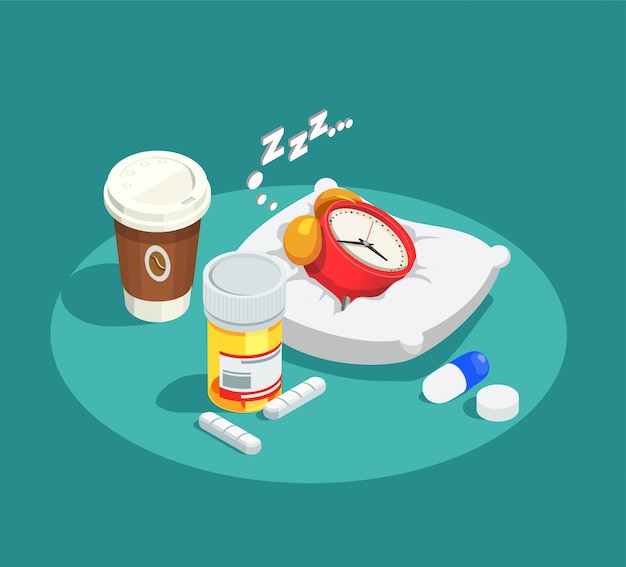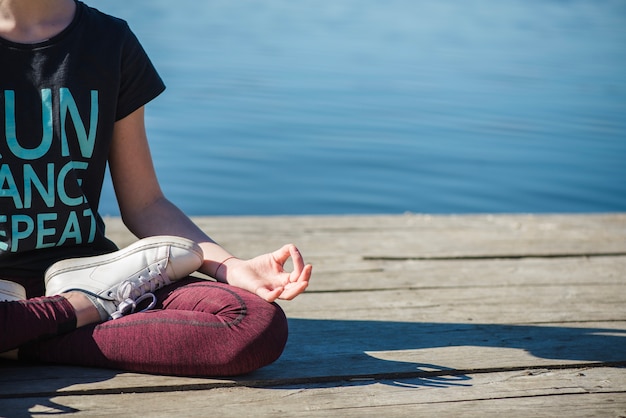25 Real-Life Healthy Habits for Teens: Simple, Sustainable, and Gear-Free
Being a teen is busy—school, extracurriculars, social life, and maybe even a part-time job. With so much on your plate, it’s easy to let health fall by the wayside. But building healthy habits doesn’t have to mean drastic changes or expensive gear. In fact, the most effective habits are simple, realistic, and easy to maintain.
Backed by research on habit formation and teen behavior, this guide offers 25 practical, low-effort habits that fit into real teen schedules—no gym membership or fancy equipment required.
Why Habits Matter for Teens
Habits shape your daily life more than you realize. According to behavioral science, up to 40% of your day is spent on automatic behaviors—things you do without thinking. The good news? You can use this to your advantage by building healthy routines that eventually become second nature.
Teens are at a crucial stage for developing long-term health patterns. Small choices now—like drinking more water or sleeping earlier—can lead to better energy, focus, and mood both today and in the future.

Healthy Habits You Can Start Today
- Drink water first thing in the morning. Keep a glass or bottle by your bed. Hydration kickstarts your metabolism and helps with focus.
- Move for 5 minutes after waking. Stretch, walk around, or do a few jumping jacks. It signals your body to wake up naturally.
- Eat breakfast—even if it’s small. A banana with peanut butter or a yogurt cup stabilizes blood sugar and improves concentration.
- Use the 20-20-20 rule for screen time. Every 20 minutes, look at something 20 feet away for 20 seconds to reduce eye strain.
- Take the stairs when possible. It’s a simple way to add movement without changing your schedule.
- Pack a healthy snack for school. Nuts, fruit, or trail mix prevent energy crashes and late-day junk food binges.
- Chew food slowly. Aim for 20–30 chews per bite. It improves digestion and helps you recognize fullness cues.
- Walk during phone calls. Pacing around your room or house adds up over time.
- Put your phone down 30 minutes before bed. Blue light disrupts melatonin, making it harder to fall asleep.
- Set a consistent bedtime—even on weekends. Aim for 8–10 hours. Consistency improves sleep quality.
- Do a 2-minute tidy-up before bed. Clear your desk or make your bed. It reduces morning stress.
- Practice deep breathing when stressed. Inhale for 4 counts, hold for 4, exhale for 6. Repeat 3–5 times.
- Write down one thing you’re grateful for each night. It boosts mood and promotes positive thinking.
- Stand up every hour if sitting for long periods. Set a reminder or use class changes as cues.
- Use a reusable water bottle. It’s eco-friendly and encourages regular sipping throughout the day.
- Eat meals without screens. Focus on your food. You’ll enjoy it more and avoid overeating.
- Label your water bottle with time markers. Helps you track intake and stay on schedule.
- Pair habits together (habit stacking). Example: After brushing your teeth, do 10 squats.
- Keep fruit visible at home. Out of sight, out of mind applies to healthy foods too.
- Take walking breaks between study sessions. 5 minutes every hour improves retention and reduces fatigue.
- Use your lunch break to go outside. Sunlight helps regulate your circadian rhythm and boosts vitamin D.
- Limit sugary drinks—even juice. Opt for water, herbal tea, or sparkling water with lemon.
- Do a digital detox one day a week. Reduce screen fatigue and reconnect with offline activities.
- Practice good posture while sitting. Sit with feet flat, back straight, and shoulders relaxed.
- Wash your hands before eating. Simple but effective for preventing illness.
- Reflect weekly: What habit felt easiest? What was hard? Adjust based on what works for your life.
How to Make Habits Stick
The key to lasting change isn’t perfection—it’s consistency. Start with one or two habits that feel manageable. Use cues (like brushing your teeth) to trigger new behaviors. Celebrate small wins to build motivation.
Research shows that habits take an average of 66 days to form, but it varies by person and behavior. Be patient. Missing a day doesn’t mean failure—just start again the next day.
Social media, like TikTok, has shown that short, engaging content can inspire real-life healthy changes—especially among teens. Use platforms wisely: follow accounts that promote balanced nutrition, mental wellness, and active living.
Final Thoughts
Healthy living isn’t about extreme diets or intense workouts. It’s about small, consistent choices that add up. These 25 habits are designed to fit into your real life—no extra time, money, or gear needed. Start small, stay consistent, and watch how your energy, mood, and focus improve over time.
















